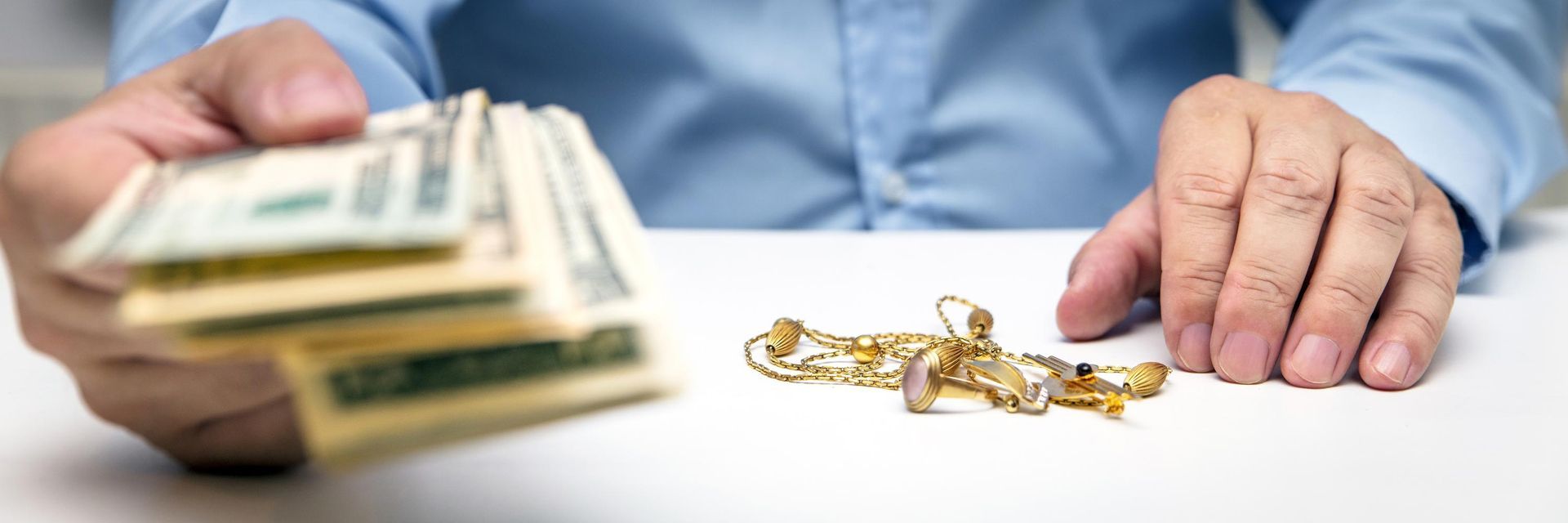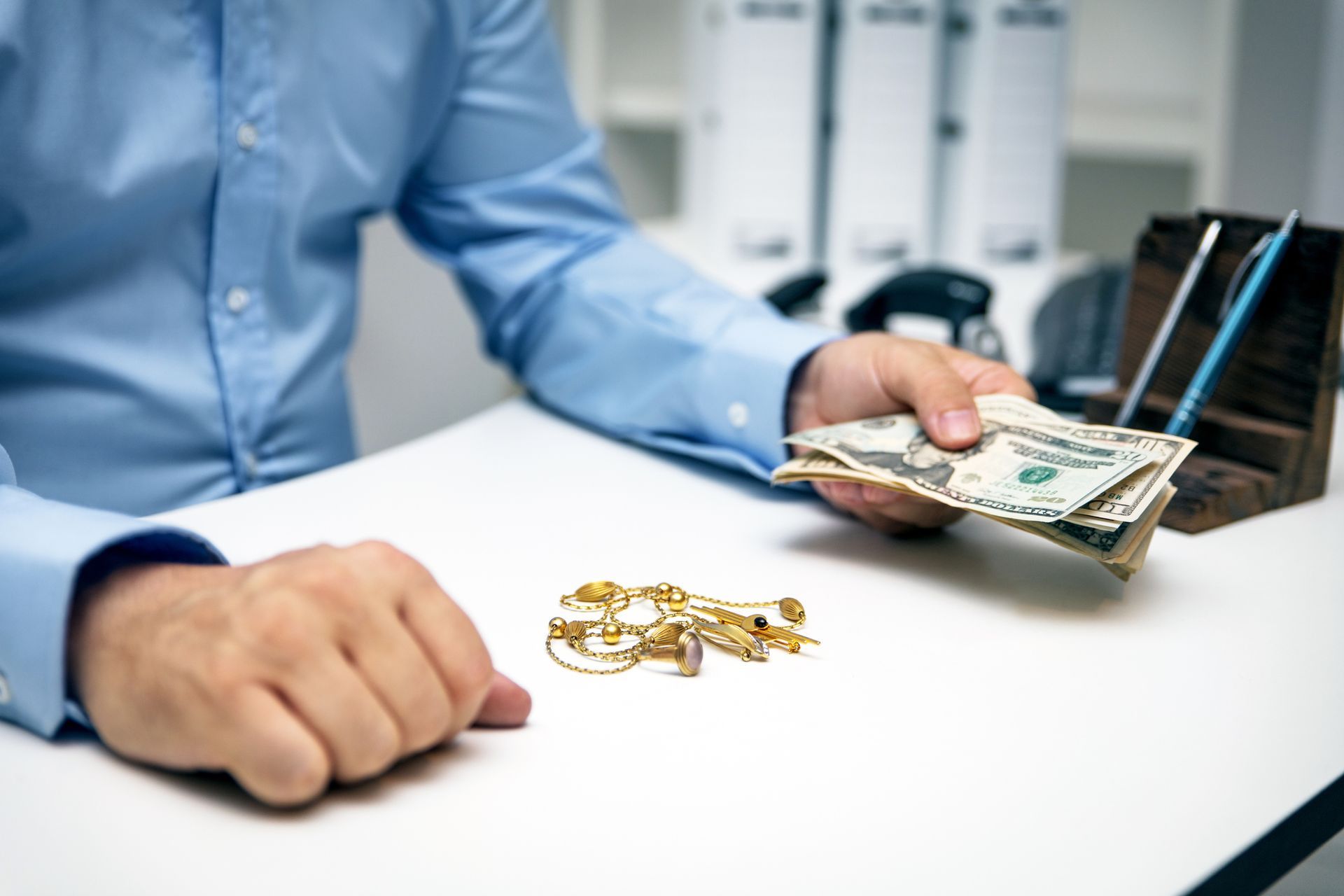How Do Pawn Shops Determine Value?
Pawn shops deal with numerous merchandise and develop an understanding of how they can value your item. Therefore, you should understand how these businesses will evaluate your product to receive fair compensation. A pawn business will evaluate your product in several ways. You should understand that they might use one or several of these methods.
Market Database
Pawn shops have access to information and tools that can accurately calculate the value of an item brought into their shop. Traditionally, pawn shop owners relied on a "blue book," a combination of resources that provided comprehensive lists of items and their pricing. Each new edition would contain revisions that considered new information introduced in the market and market dynamics that changed prices.
However, modern pawn shops use the internet to source information. The internet provides a very quick way to update product changes and details. Therefore, pawn shops can get accurate and current information from online sites, which can positively influence how they will pay for your product.
Expertise
Sometimes a database or online search is inadequate to correctly estimate an item's value. Therefore, a serious pawn shop may contact an expert to further assess the item. Mostly, the experts work on special items like antiques or watches. Their expertise will determine the product's authenticity and how current market dynamics reflect its estimated price.
Market Value and Demand
Pawn shops are effectively resale businesses, so they obviously follow market dynamics like price determination via demand. If the item you bring has very high demand in the market, you can fetch a good price with the pawn shop. Also, the price a third party can willingly pay for your item will determine if the pawn shop can give you better compensation.
Markup
For general items, the pawn shop will determine their resale value by determining the time it will take to gain a new customer and the amount the customer can pay for it. Therefore, the pawn shop owner might focus on the possible profit they will gain from your item and generate an approximate compensation that reflects their profit needs.
Technical Characteristics
Materials, quality, size, and age of an item will determine its value. Some items will have more value than others because they possess better technical characteristics. For example, jewelry made of rare metals and gems will fetch a higher price.
Also, the pawn shop might opt to melt the jewelry and extract the rare metals rather than sell it as-is. Therefore, they will likely pay you a percentage of the melt price. In this case, the rare metal price will determine your compensation rather than the jewelry price.
However, some aspects may confuse you when you visit a pawn shop, especially if the aspect you want to rely on to sell your item is age. While pawn shops like antiques and vintage items, they must have a perceived value in the market to generate higher compensation.
Condition
Items with mechanical, electrical, or other features that determine their function must work well to receive high value. If you bring an electrical appliance, the pawn shop will evaluate whether it needs fixes or works well to resell with minimal repair costs. For other items like art and jewelry, where aesthetic appeal is important, the pawn shop will assess the level of damage and necessary repairs to restore its original or close-to-original state.
You should find an ethical pawn shop that will judge your product honestly and provide fair compensation. You can visit usat 2 J's Pawn & Gun to have your product assessed by our team. Our years of experience can ensure you get the fair value you deserve.









